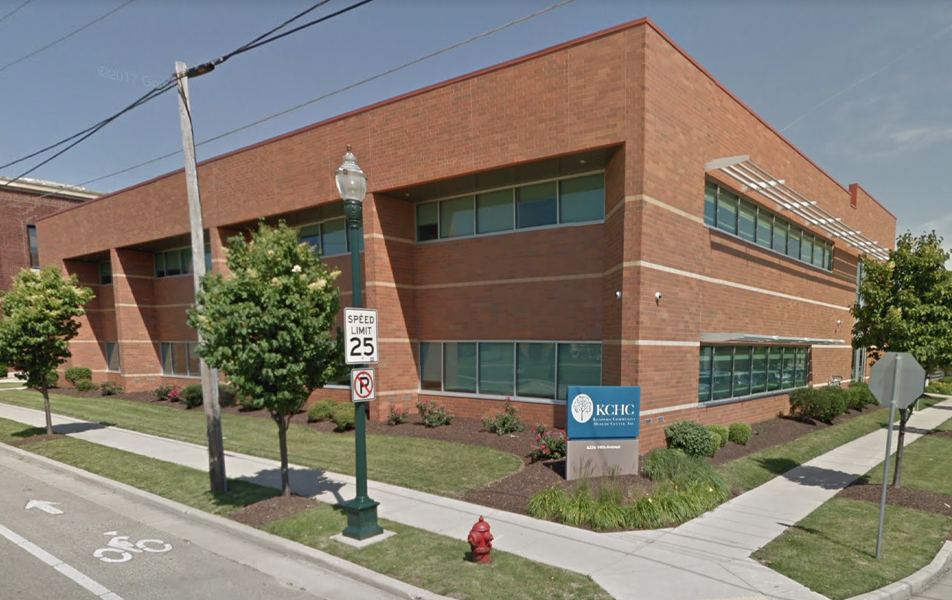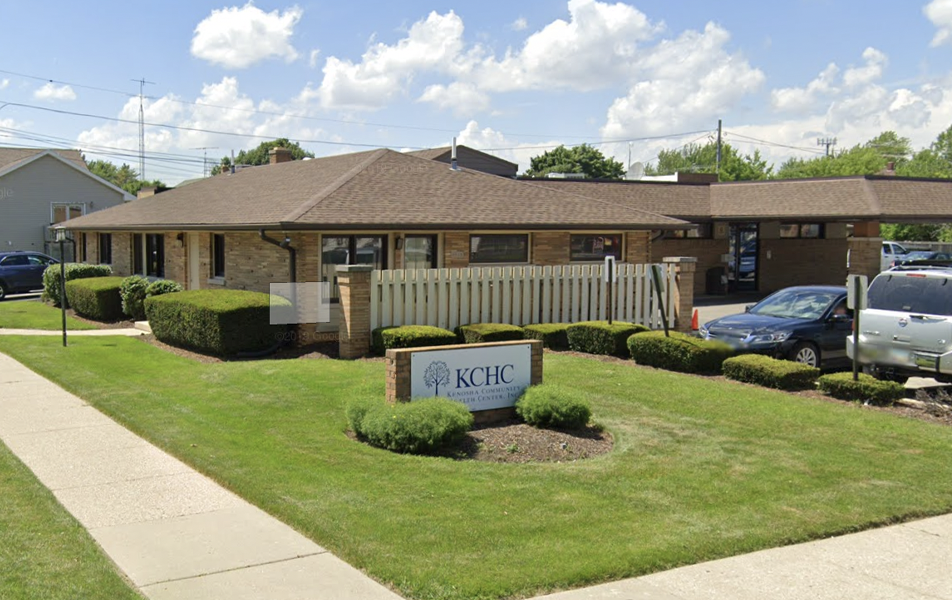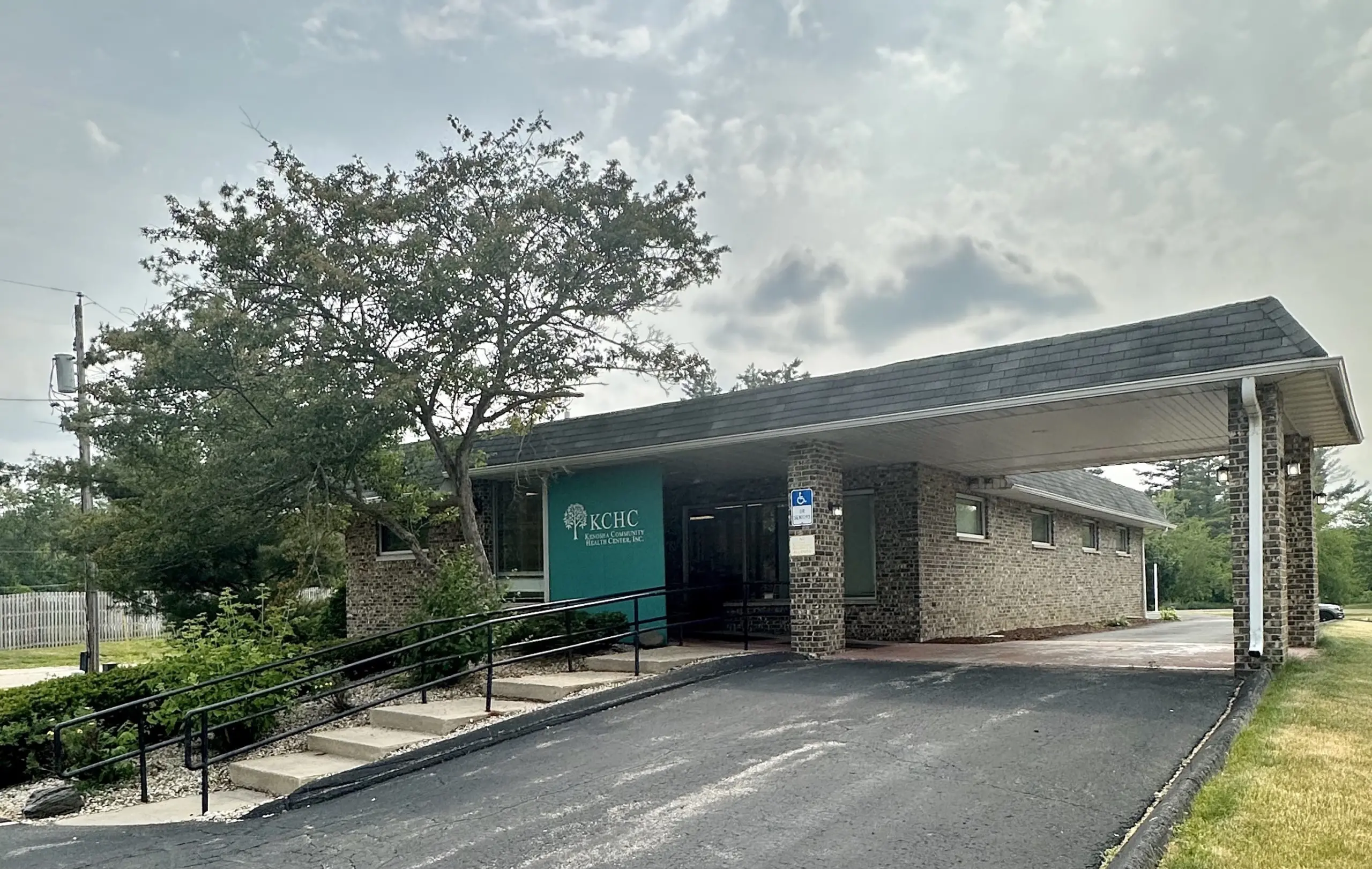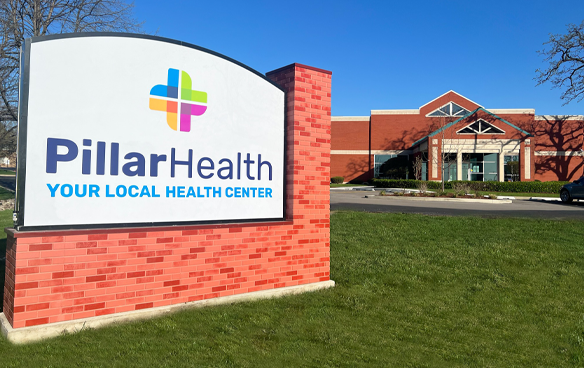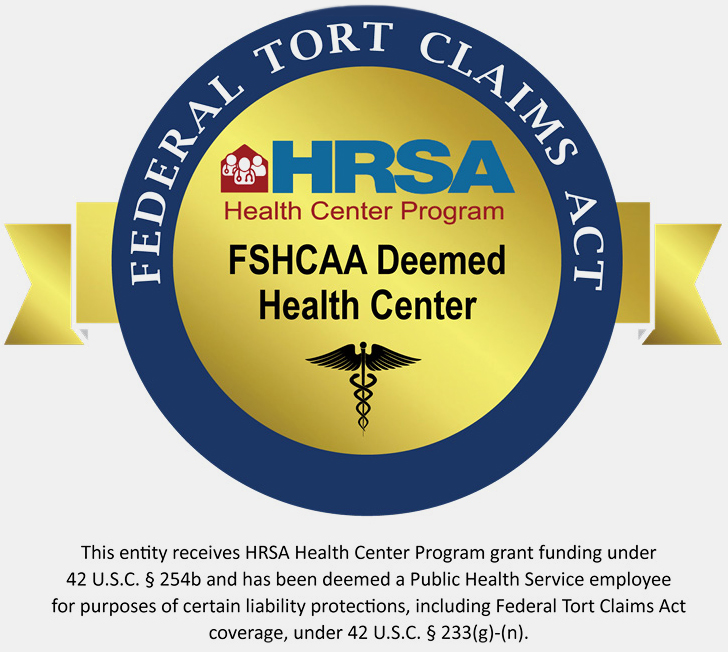You may not realize that you need vaccines throughout your adult life.
Adults can get vaccines at doctors’ offices, pharmacies, workplaces, community health clinics, health departments, and other locations. To find a vaccine provider near you, go to vaccine.healthmap.org.
Most health insurance plans cover the cost of recommended vaccines. Check with your insurance provider for details and for a list of vaccine providers. If you do not have health insurance, visit www.healthcare.gov to learn more about health coverage options.
Vaccines are still important to your health and here are just three reasons why.
1. YOU MAY BE AT RISK FOR SERIOUS DISEASES THAT ARE STILL COMMON IN THE U.S.
Each year thousands of adults in the United States get sick from diseases that could be prevented by vaccines — some people are hospitalized, and some even die.
Even if you got all your vaccines as a child, the protection from some vaccines can wear off over time. You may also be at risk for other diseases due to your age, job, lifestyle, travel, or health conditions.
2. YOU CAN’T AFFORD TO RISK GETTING SICK.
Even healthy people can get sick enough to miss work or school. If you’re sick, you may not be able to take care of your family or other responsibilities.
3. YOU CAN PROTECT YOUR HEALTH AND THE HEALTH OF THOSE AROUND YOU BY GETTING THE RECOMMENDED VACCINES.
Vaccines lower your chance of getting sick.
Vaccines work with your body’s natural defense to lower the chances of getting certain diseases as well as suffering complications from these diseases.
Vaccines lower your chance of spreading certain diseases.
There are many things you want to pass on to your loved ones; a vaccine preventable disease is not one of them. Infants, older adults, and people with weakened immune systems (like those undergoing cancer treatment) are especially vulnerable to vaccine preventable diseases.
Vaccines are one of the safest ways to protect your health.
Vaccine side effects are usually mild and go away on their own. Severe side effects are very rare.
WHAT VACCINES DO YOU NEED?
All adults should get:
- Flu vaccine every year to protect against seasonal flu
- Td/Tdap to protect against tetanus, diphtheria, and pertussis (whooping cough)
Based on your age, health conditions, vaccines you received as a child, and other factors, you may need additional vaccines such as:
- Chickenpox
- Hepatitis A
- Hepatitis B
- Human Papillomavirus (HPV)
- MMR
- Meningococcal
- Pneumococcal
- Shingles
Traveling overseas? There may be additional vaccines you need. Find out at: www.cdc.gov/travel
Do not wait to schedule your appointment.
Kenosha Community Health Center has many appointment options in Kenosha and Silver Lake to meet your needs.
Schedule An Appointment

